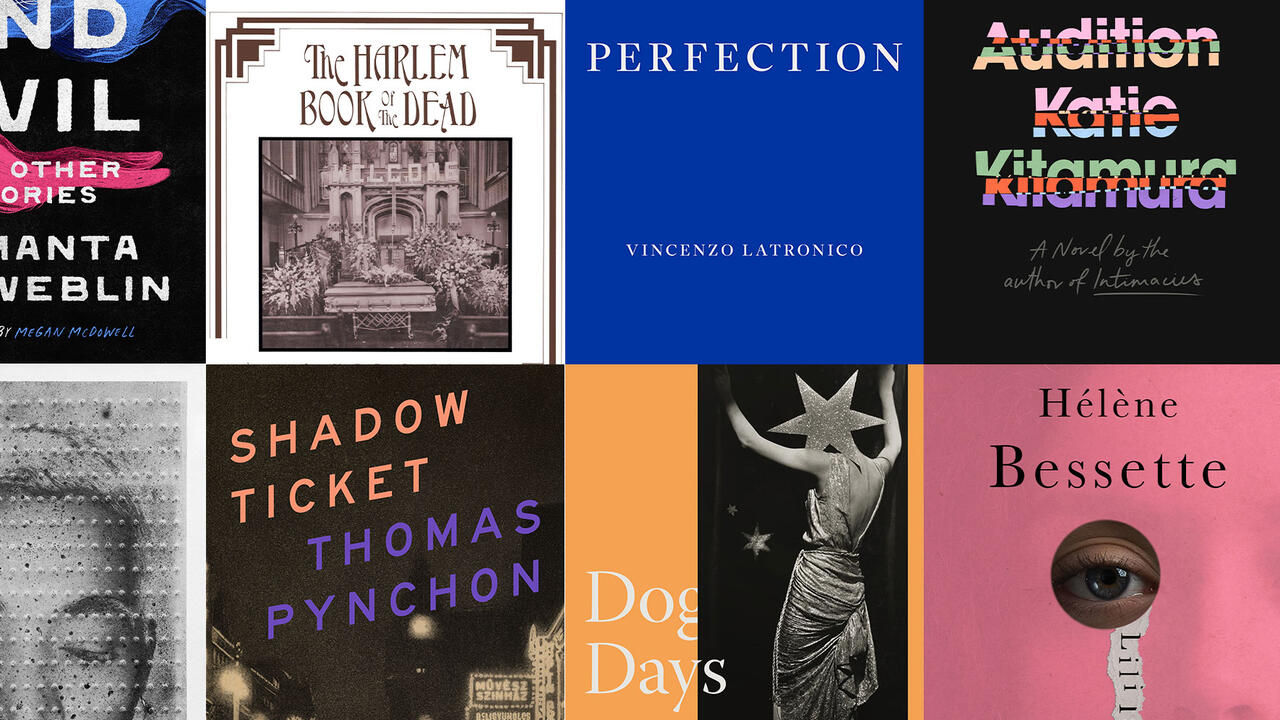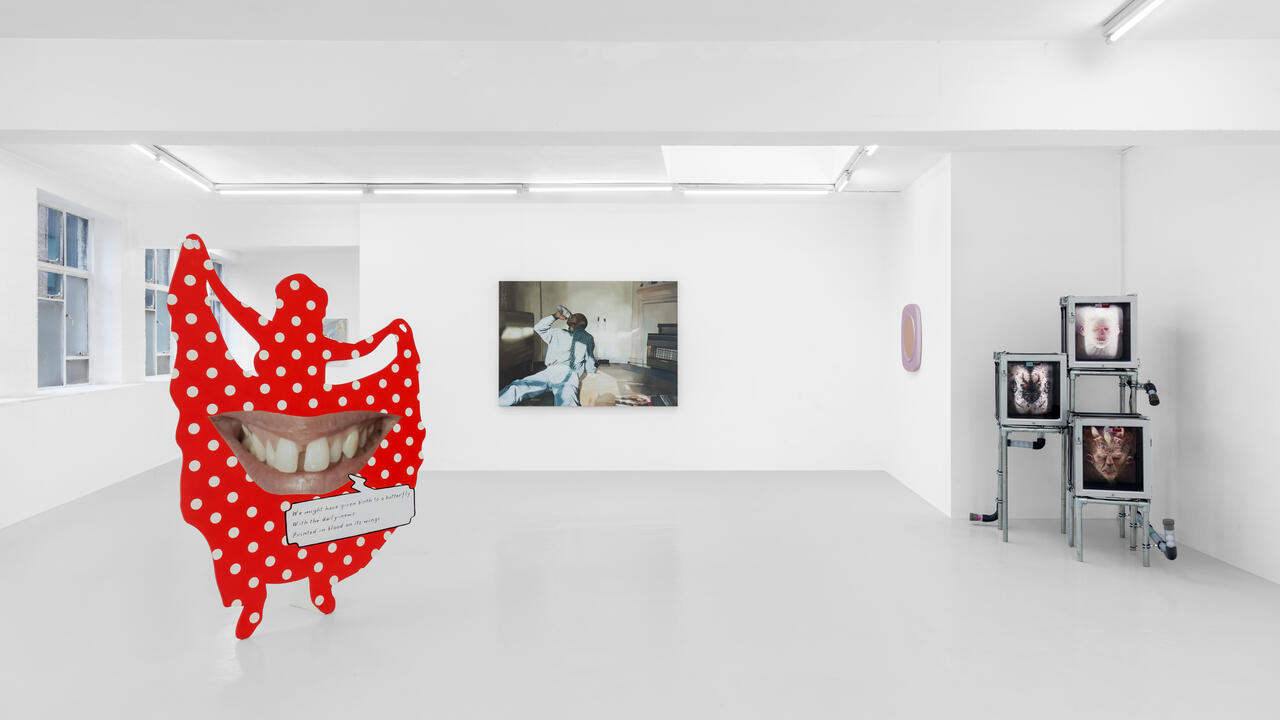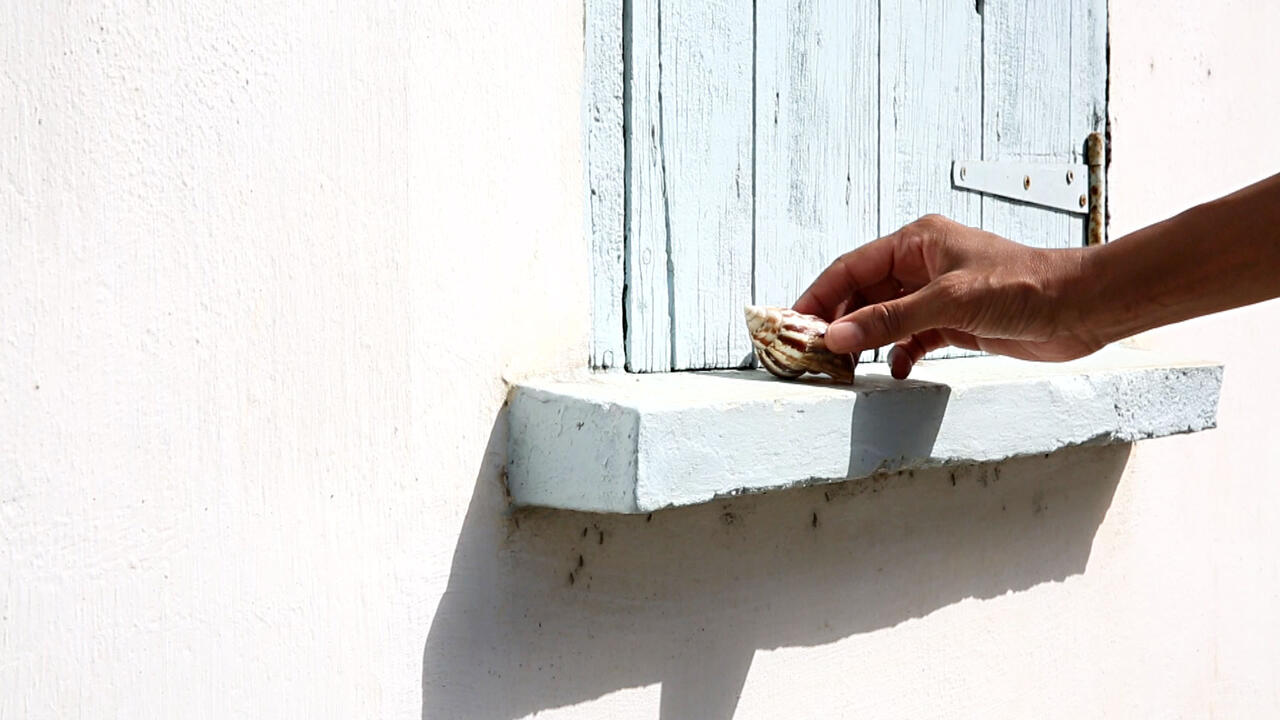Helen Cammock Asks: Who Is Allowed to Do Nothing?
Shot in Cambridge, the artist’s latest film interlaces histories of laziness, from Johnny Mercer to Audre Lorde
Shot in Cambridge, the artist’s latest film interlaces histories of laziness, from Johnny Mercer to Audre Lorde

‘Can you remember when you last did nothing?’ The question is one of several to adorn a series of silkscreen prints in ‘I Decided I Want to Walk’, Helen Cammock’s first exhibition at Kate MacGarry. Joint recipient of the Turner Prize in 2019 and winner of the 7th Max Mara Art Prize for Women, Cammock made these works during her recent residency at Wysing Arts Centre in response to the institution’s archive.

In addition to the silkscreen prints, the exhibition also includes They Call It Idlewild (2020), a 19-minute film, whose lyrical narration by Cammock is interlaced with writings by Audre Lorde and James Joyce. The artist sings Johnny Mercer’s depression-era song ‘Lazy Bones’ (1933) with a gentleness that makes his stoic message easier to receive: ‘Lazy bones, loafin’ through the day. How you ’spect to make a dime that way?’ Throughout the video, we see a steady stream of gentle motion – grass swaying, bodies moving, mundane labour – in rural landscapes. Interspersed among this footage are images of children’s drawings, which Cammock found transferred to 35mm slides in a Wysing archive envelope labelled ‘unknown’.
Despite the centuries of exploitative unpaid Black labour that enabled the industrial revolution, stereotypes persist in the public imagination of Black people as lazy and shiftless. Sleep deprivation was commonly used to torture and subjugate the enslaved, leaving them permanently exhausted. In Black Looks: Race and Representation (1992), bell hooks details the racist attitudes of 19th-century Christian missionaries who ‘saw all forms of idle activity as evil, or at least a breeding-ground for wrong-doing’. The abrupt end to free movement caused by the ongoing COVID-19 pandemic has allowed some of us to be more forgiving of our unproductivity in favour of our holistic health. Who is allowed to rest and to dream, asks Cammock? We all are.
Main image: Helen Cammock, They Call It Idlewild, 2020, film still. Courtesy: the artist and Kate MacGarry, London; photograph: Angus Mill




















